Quick Summary
- $246,000 in awards given to early-career faculty members
- SF family provided $6 million to endow the program last year
- Hellman fellowships, though, date back to 2008 at UC Davis
UC Davis recently awarded its latest round of Hellman Fellowships, which provide research funding to faculty members when they need it the most: early in their careers.
HELLMAN HISTORY
The 15 new fellows, all of them assistant professors, received awards of $3,500 to $35,000 — for a grand total of $246,000.
In addition, the recipients are now members of the UC Davis Society of Hellman Fellows. The “society” name is relatively new, but the fellowships are not, having been given on an annual basis here since 2008 with funding from the philanthropists Warren and Chris Hellman and family of San Francisco.
Last year, the family ended its year-to-year funding and gave $6 million to UC Davis to endow the program in perpetuity — a program to be called the Society of Hellman Fellows.
The UC Davis Society of Hellman Fellows endowment fund is open for contributions from others. For more information, contact Sarah Carle by email or phone, 530-752-1282, in the Office of Foundation and Corporate Engagement.
“What a wonderful gift the Hellman family has provided us,” said Phil Kass, vice provost for Academic Affairs, which administers the Hellman Fellowships at UC Davis. "We look forward to seeing what our early-career faculty members can accomplish with this funding, and how it can be the impetus for even greater accomplishments in the future."
The Hellman Fellows Program began at UC San Diego and UC Berkeley in 1995 and grew to take in all 10 UC campuses — all of which received endowments last year for permanent funding of a Society of Hellman Fellows.
The UC Davis society now numbers 178 fellows (2008 to 2021). The newest members are from a variety of disciplines: nutrition and plant sciences, design and Chicana and Chicano studies, economics and political science, and mathematics, engineering and environmental toxicology.
Here are the 2021-22 Hellman Fellows, each listed with the titles of the projects for which they sought funding (for each fellow, click on the box to see their faculty or lab webpage):
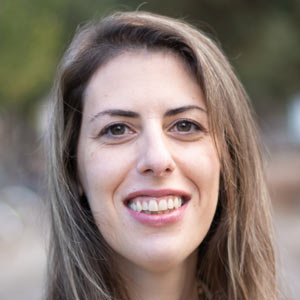
Maria Chondronikola
Department of Nutrition, College of Agricultural and Environmental Sciences
“The Role of the Thermogenic Adipose Tissue In Cancer Cachexia”
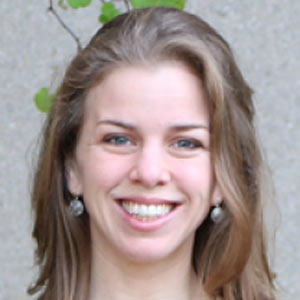
Christine Diepenbrock
Department of Plant Sciences, College of Agricultural and Environmental Sciences
“Plant Breeding for Improved Human Nutrition: An End-to-End Methodological Framework”
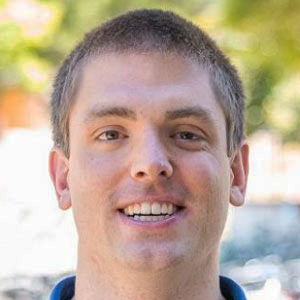
Matthew Ellis
Department of Chemical Engineering, College of Engineering
“Deep-Learning-Enhanced Grey-Box Modeling for Buildings”
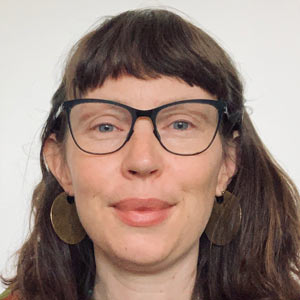
Beth Ferguson
Department of Design, College of Letters and Science
“Environmental Design for Micromobility and Public Transit”
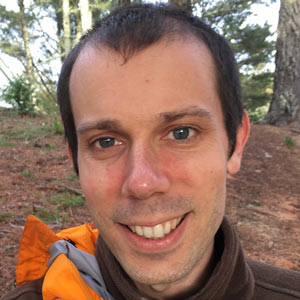
Martin Fraas
Department of Mathematics, College of Letters and Science
“Microscopic Theory of Anyons in the Factional Quantum Hall Effect”
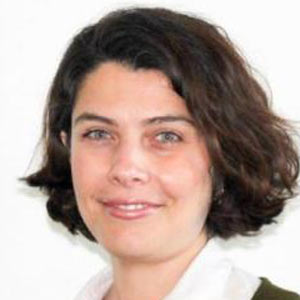
Gozde Goncu-Berk
Department of Design, College of Letters and Science
“CalmWear: Sensory Smart Clothing”
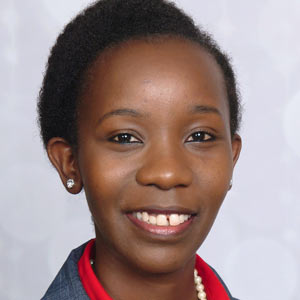
Maureen Kinyua
Department of Civil and Environmental Engineering, College of Engineering
“Organic Waste Infrastructure for Nutrient and Energy Recovery; Capacity Analysis and Road Map”
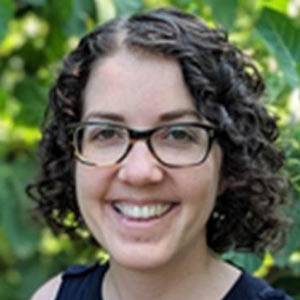
Tiffany Lowe-Power
Department of Plant Pathology, College of Agricultural and Environmental Sciences
“A Genetic Map of a Plant Pathogen’s Life Cycle”
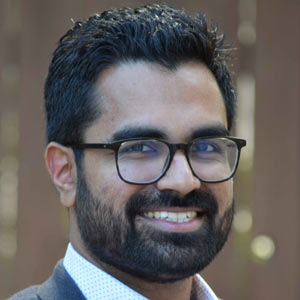
Harishankar Manikantan
Department of Chemical Engineering, College of Engineering
“Simulating Neurovascular Polymer Dynamics: A New Paradigm in Alzheimer's Research”
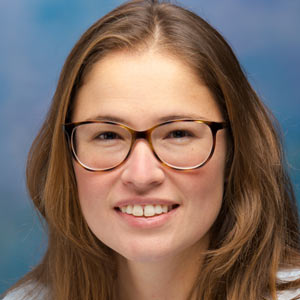
Diana Moreira
Department of Economics, College of Letters and Science
“The Costs and Benefits of Meritocracy: Evidence” (joint project with Santiago Perez)
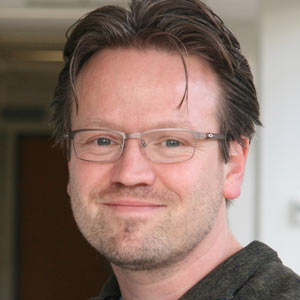
Sascha Nicklisch
Department of Environmental Toxicology, College of Agricultural and Environmental Sciences
“UC DECI: An Integrative Transporter Database for Drug and Environmental Chemical Interactions”
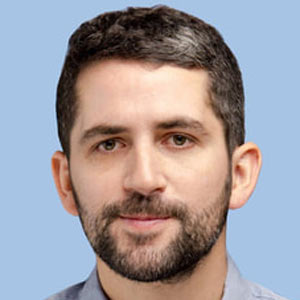
Santiago Perez
Department of Economics, College of Letters and Science
“The Costs and Benefits of Meritocracy: Evidence” (joint project with Diana Moreira)
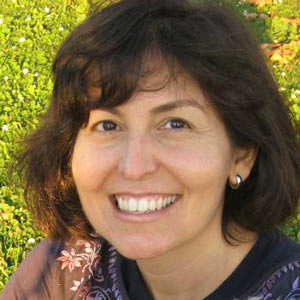
Clarissa Rojas
Department of Chicana and Chicano Studies, College of Letters and Science
“And Still We Love: B/Ordering Violence on the U.S.-Mexico Border”
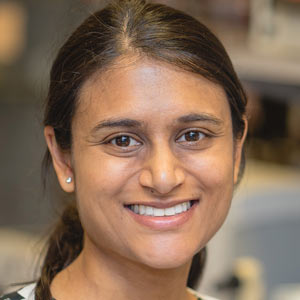
Priya Shah
Department of Chemical Engineering, College of Engineering; and Department of Microbiology and Molecular Genetics, College of Biological Sciences
“Light-Activated Gene Expression for Biomanufacturing”
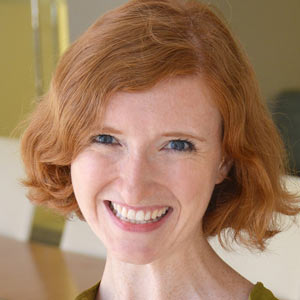
Lauren Young
Department of Political Science, College of Letters and Science
“A Global Test of the Subnational Targeting and Effects of State Repression”
Media Resources
Dateline Staff: Dave Jones, editor, 530-752-6556, dateline@ucdavis.edu; Cody Kitaura, News and Media Relations specialist, 530-752-1932, kitaura@ucdavis.edu.